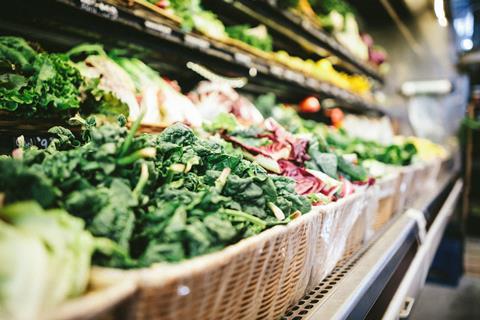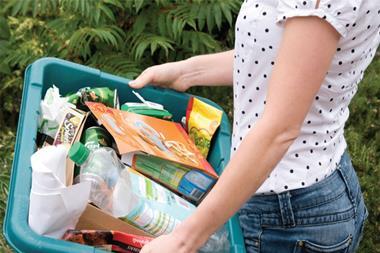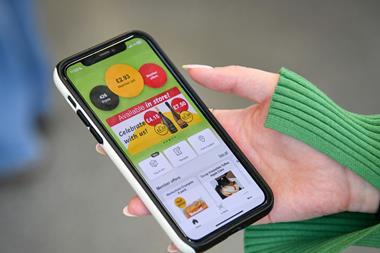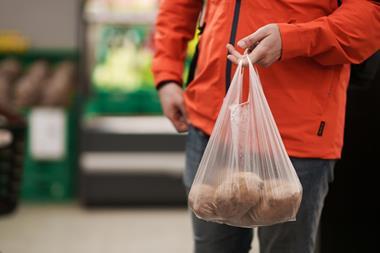
The world we now live in is not what it was 10 years ago. One major shift is consumer awareness of the impact our activity has on the planet.
In a desire to protect our world, we have witnessed a collective awakening as people demand more sustainable actions from retailers, governments and even themselves through their purchasing preferences. In a survey of 1.2 million people across 50 countries, nearly two-thirds recognised climate change was an emergency, with respondents calling for interventions from conserving land and scaling renewable energy to giving back to society and better working conditions.
The recent challenges facing both consumers and companies have slowed efforts – but we’re also seeing factors push businesses and governments towards rapid change. Government is playing a significant role in mandating sustainability, and the spiralling costs of climate change on value chains will force brands to rethink their business operations. The threat of financial repercussions around compliance may not be enough to drive transformation alone, but this risk combined with the real bottom-line impact of extreme weather or high energy costs may well start to get brands on board.
Consumers are also experiencing the personal impact of climate change and want more help making sustainable purchase decisions in the present retail landscape. Over two-thirds (69%) of consumers state sustainability has become more important to them than it was two years ago because of the pandemic. Thirty per cent of consumers care more about climate because of being personally impacted by extreme weather events; last year has been officially recognised as the warmest on record. They know where the pain points are and will support brands that make it easy for them to address this challenge.
So what can grocery brands in the UK do to help chart the path to sustainability? In the short term, brands should focus on existing solutions that can be swiftly adopted and replicated, such as encouraging reusable bags, displaying carbon footprints of products and rewarding consumers that purchase them.
Following on from this, companies should further develop their processes, investing time and money into their value chains. This can be achieved by deploying greener transportation and partnering with sustainable suppliers. In the long term, we should expect systemic shifts in business processes such as vertical farms and cradle-to-grave accountability. The ultimate goal for many in this industry will be to completely overhaul their business processes.
The impact of climate change on consumers has led to growing pressure to act on climate crisis mitigation and prevention policies. Businesses need to understand what consumers’ social concerns are, be it better working conditions of employees, animal welfare, giving back to society or protecting earth’s natural resources. A step further will be for companies to transparently communicate their resulting actions without the risk of greenwashing. Start off with a specific cause, champion it, obtain independent accreditation and communicate this to stakeholders – for consumers, this will be via marketing channels.
The UK is now at a tipping point. As we return to normalcy and shift our focus back to climate concerns, the time to act is now. Brands, manufacturers and retailers that have been proactive about being sustainable will have an incredible advantage, as the rest of the industry scrambles to meet the requirements set not just by government but by consumers.



















No comments yet